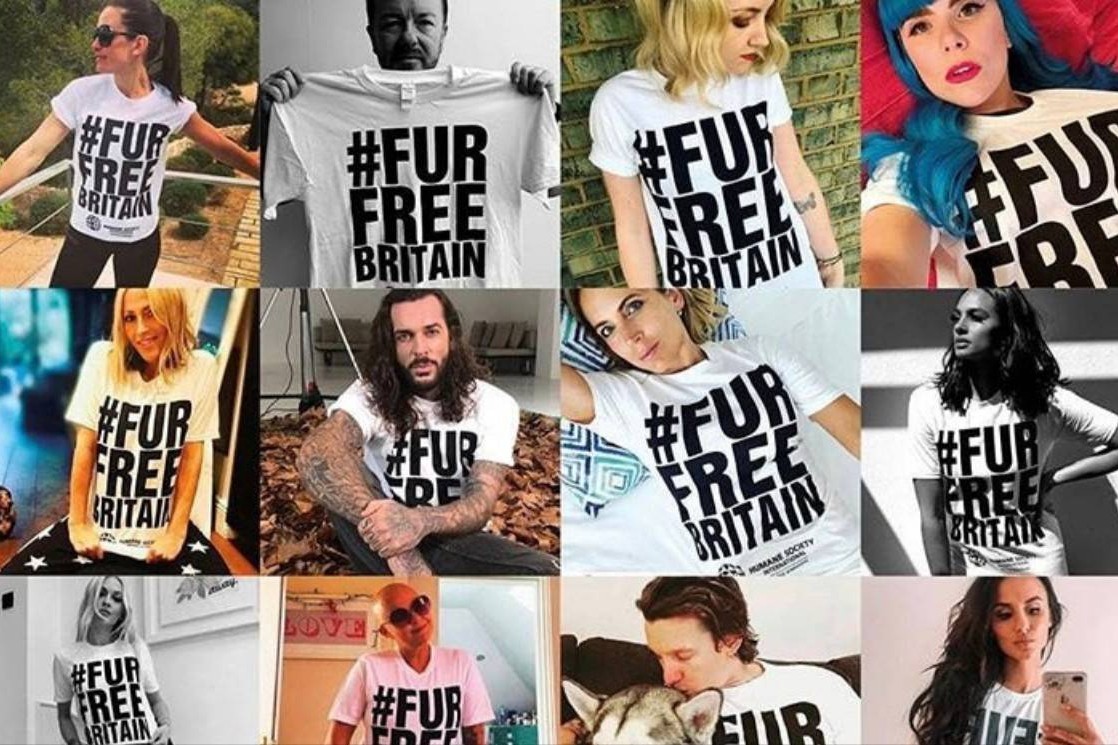
UK government issues ‘call for evidence’ over fur trade
YarnsandFibers News Bureau 2021-06-02 10:32:58 – United KingdomThe government has issued an official ‘call for evidence,' requesting testimony on the fur trade in the UK from the fashion sector and the general public in order to inform future government policy.
As the government considers banning the import and sale of animal fur, the Department for Environment, Food and Rural Affairs (Defra) is urging the public, fashion industry, and companies to comment and express their opinions on the fur trade.
The 'request for evidence' was made in collaboration with the Scottish and Welsh governments, as part of plans to tighten animal welfare standards in the aftermath of Brexit. The assessment will seek input on animal welfare, as well as the social and economic consequences of the trade, both on its own shores and overseas.
In a statement, Environment secretary George Eustice said they already have some of the highest animal welfare standards in the world, and as an independent nation, they are now allowed to re-examine certain of their animal welfare rules, including the import of fur for use in fashion products.
He added the views, data and case studies they receive will be critical in informing future government policy in this area, including a deeper understanding of domestic and international trade.”
The request for proof is limited to the commercial trade in fur and excludes non-commercial, private activities such as transactions and exchanges between private individuals.
Since 2000, fur farming has been banned in England and Wales, and since 2002 in Scotland. Certain skin and fur goods, such as those derived from commercial seal hunts and domestic cats and dogs, are already subject to stringent laws forbidding their importation into the UK.
Humane Society International/UK, an animal rights organisation, said it warmly welcomes the government's request for evidence and urged the British public to use this chance and make their voices heard.
Executive director for Humane Society International/UK, Claire Bass, said they welcome Defra's Call for Evidence as a crucial step forward in their #FurFreeBritain campaign and, hopefully, the first tangible step toward prohibiting the sale of cruel fur in the United Kingdom. Their most recent opinion survey supports what past polls have repeatedly shown: the majority of Brits oppose fur farming and trapping as inhumane, and favour a ban on fur importation.
The organisation also revealed fresh research revealing that 72% of UK citizens favour a ban on fur imports and sales, with 52% saying they "strongly support" such a ban. 12% indicated they were against a ban, 14% were neutral, and 3% said they didn't know.
According to the 2021 Yonder opinion poll commissioned by Humane Society International/UK, the most support for a ban came from Wales, with 82% public support for a ban and just 6% opposing it.
Bass, said this is a critical chance for both individual customers and fashion enterprises to communicate to the government that fur is no longer fashionable in the United Kingdom. As the government defines the UK as a newly independent nation in trade, it's critical that they take advantage of this opportunity to stop funding cruel industries in other countries. They banned fur farming in the UK because it was too cruel, so they shouldn't be paying people in other countries to incarcerate animals for their entire lives in tiny cages just to make a bobble hat or hood trim.
He added when the selling ceases, so does the suffering, and they are hoping that this Call for Evidence will provide the government with all of the information it needs to move forward confidently with a ban.
Market Intelligence
Ask for free sample Report

experience
Customer Base
dedicated team
Countries Served Worldwide









